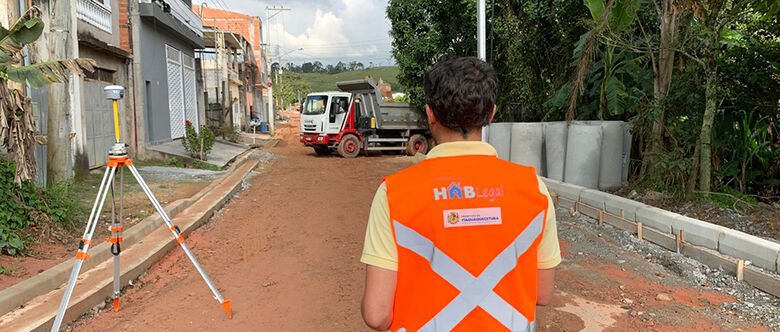
Urban Land Regularization Program in irregular areas in Santa Izabel do Pará (PA)
Urban development, tax increase, expansion in the implementation of public policies and increase in the quality of life of residents in these areas.

Dialogues with Brazil.
August 28 to September 1 2023, Berlin, Germany
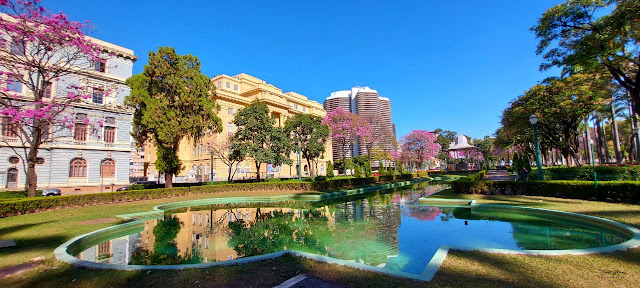
Nature-based solutions with a focus on health (e.g. heat stress, disaster risk reduction, food security, others)
Impacts of climate change (flooding, heat stress, air and water quality, others)
The City of Belo Horizonte has invested in the implementation of Rain Gardens, structures that contribute to the capture of rainwater, creating storage spaces that facilitate infiltration into the ground and help recharge the water table.
These structures receive the water runoff and accumulate the excess, forming puddles that gradually infiltrate the soil, helping the drainage system to work within capacity, even during peak precipitation. Also called Bioretention System, the gardens use the biological activity of plants and microorganisms to remove pollutants from rainwater, avoiding situations such as flooding points, water retention, and other problems caused by large volumes of rainfall. In addition, it creates spaces for biodiversity through vegetation, providing cooling areas, attracting insects, and contributing to carbon sequestration, which helps in the fight against climate change and in the adaptation of the space to the increase in temperatures.The project started with a pilot that propitiated or the implementation of 60 rain gardens in the Bacia do Nado. We now intend to start an expansion phase of the initiative to the 9 regions of Belo Horizonte, using the Centralities Development Fund (which currently has an amount of R$55.000.000) to implement about 500 new rain gardens in areas classified by the Master Plan as Regional Centralities. As you all know, Belo Horizonte suffers every year with critical flooding problems during the rainy season and the Rain Gardens project seeks to mitigate this problem, among others, benefiting thousands of citizens.

Urban development, tax increase, expansion in the implementation of public policies and increase in the quality of life of residents in these areas.
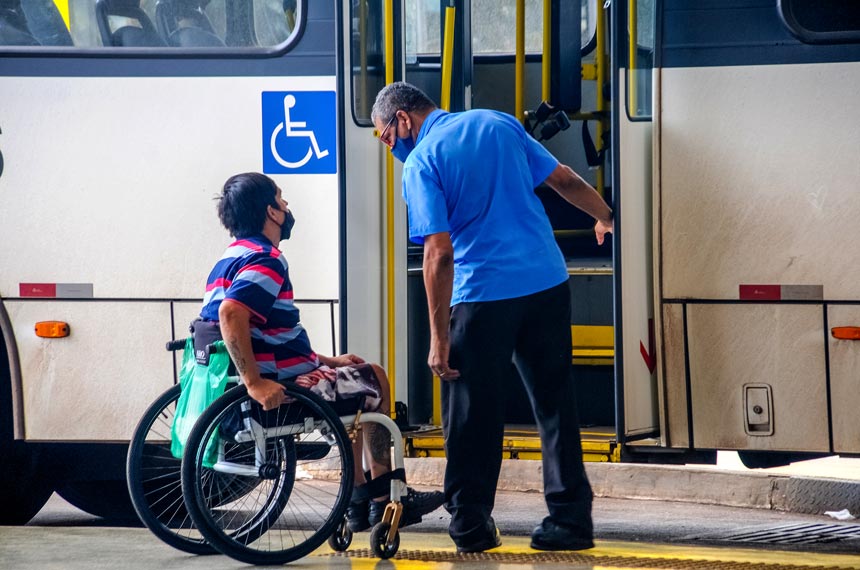
Improve the accessibility and sustainability of public transportation in Brasília (implementation of adequate infrastructure for people with reduced mobility, promotion of the use of electric or low carbon emission vehicles, and awareness about the benefits of public transportation and its importance for environmental sustainability).
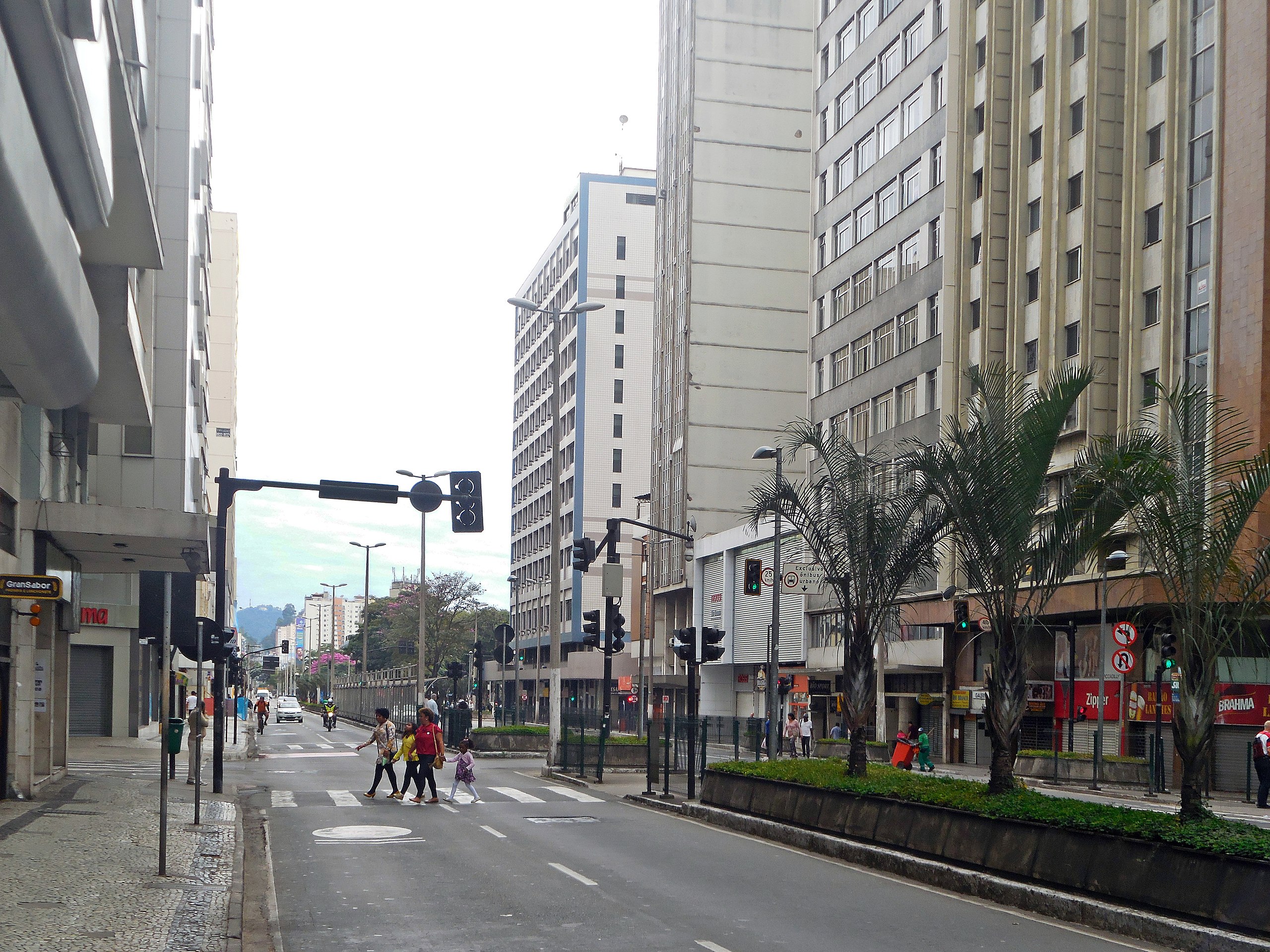
Public space and street physical access to vulnerable groups (children, pregnant women, older adults, peoplewith dissabilities, adults at risk, other)
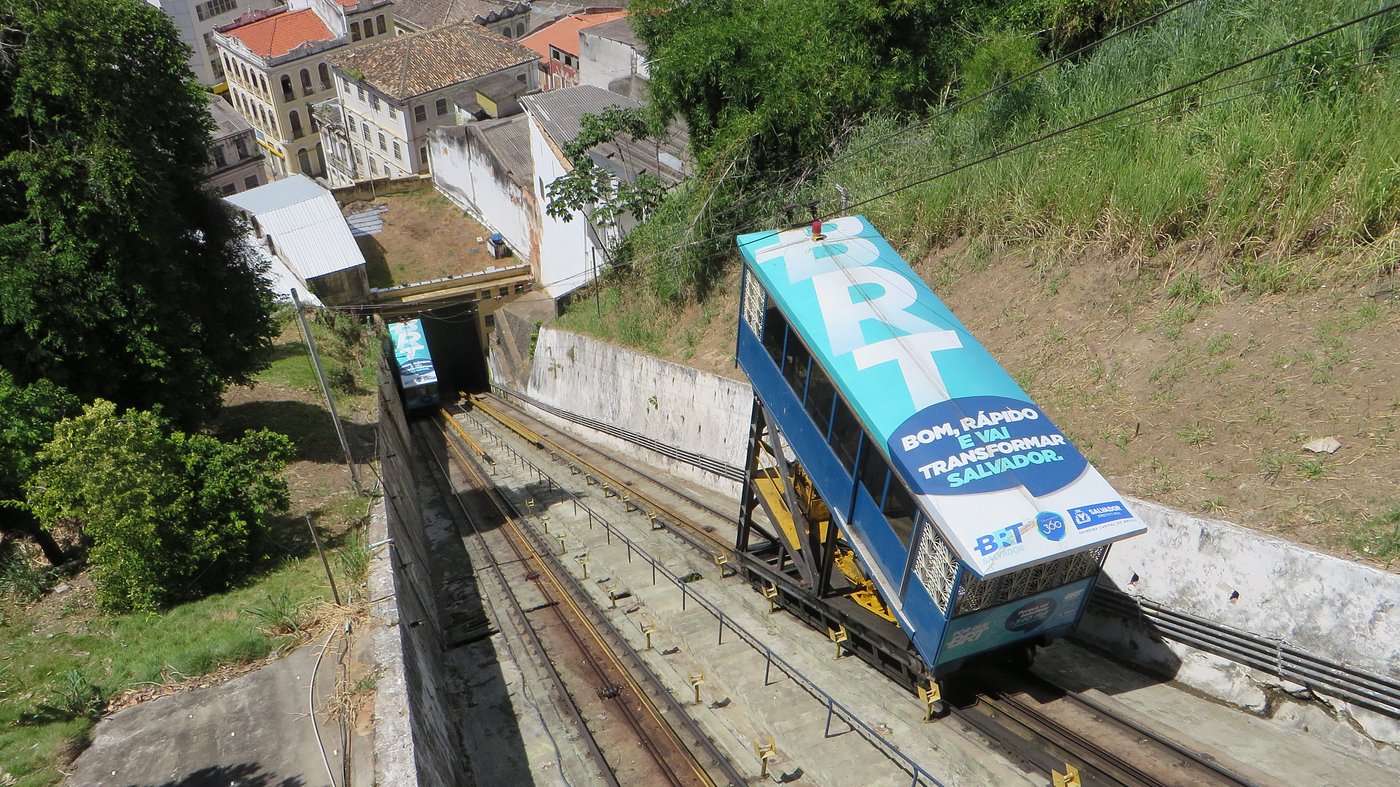
Social inclusion, improvement of quality of life, growth of income by acessing more jobs and connecting marginalized areas with formal city.
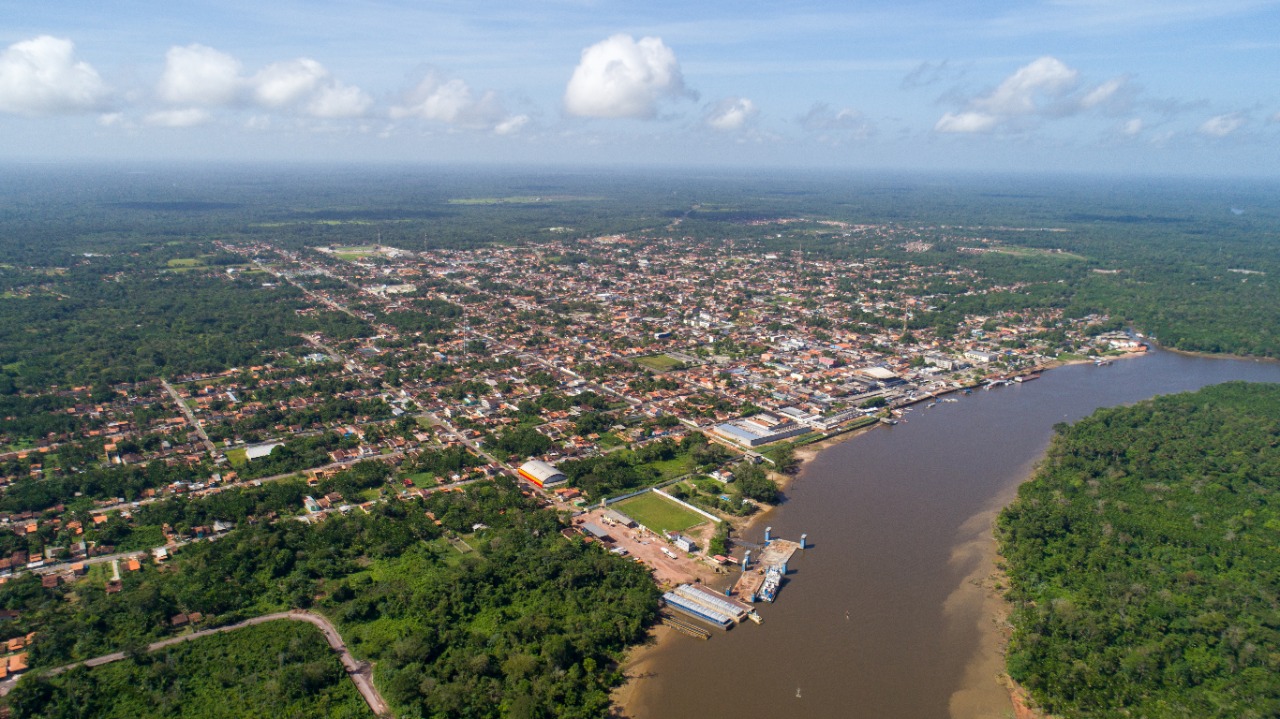
Impacts from climate change (flooding, heat stress, air and water quality, other)
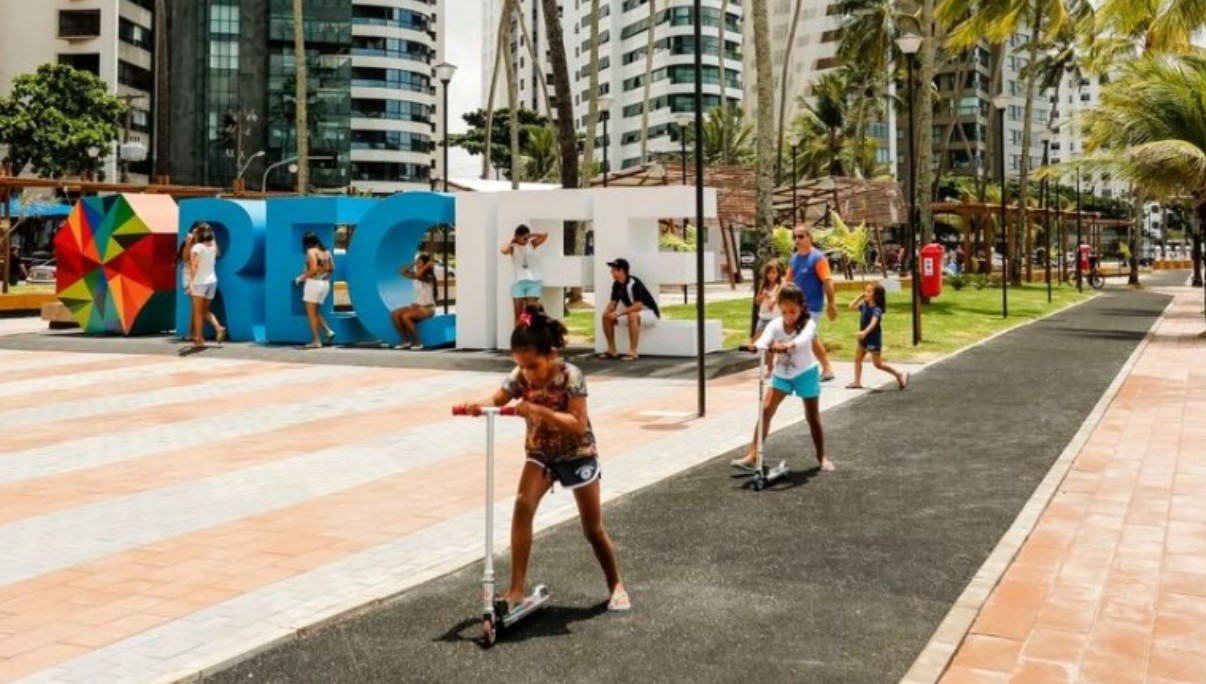
Multidisciplinary Urban Intervention, addressing all project tracks